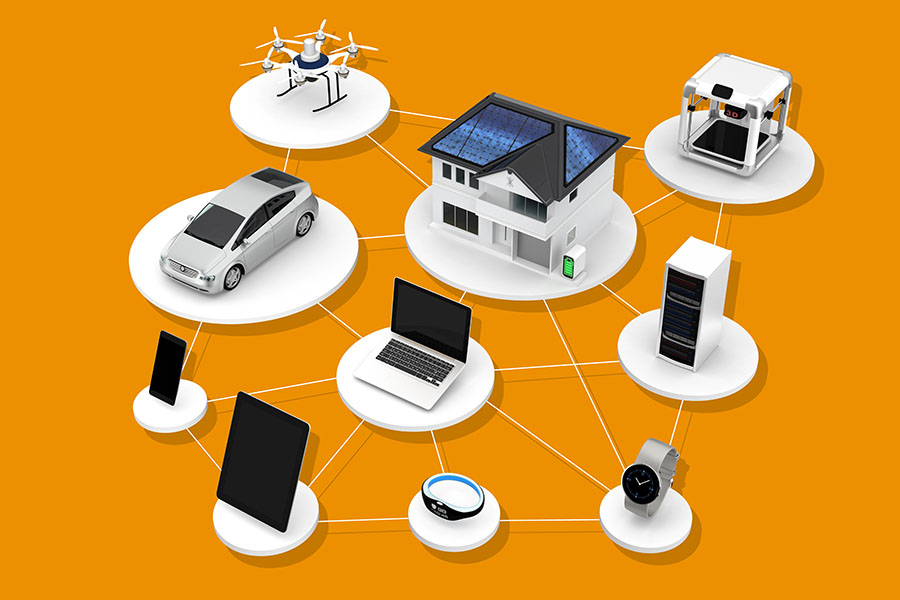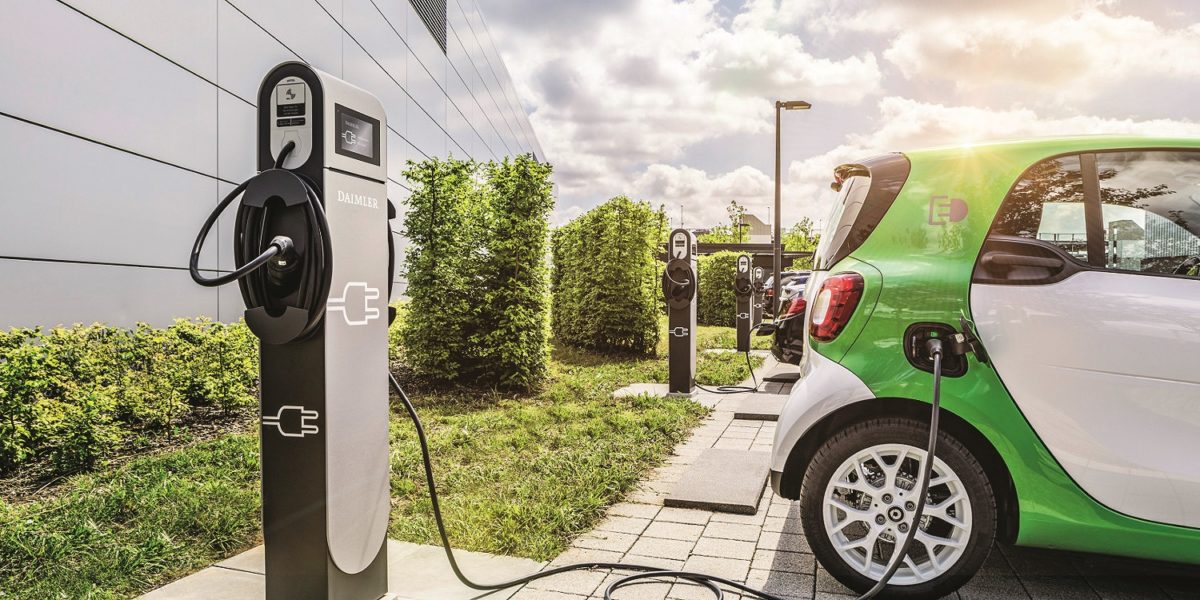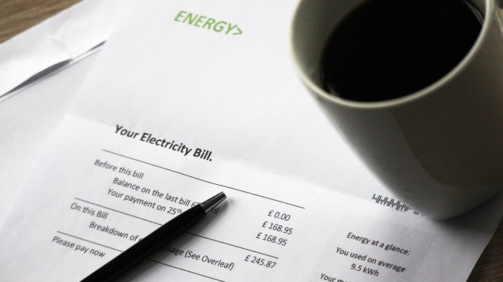The Influence of Escalating Electricity Costs on Electric Vehicle Charging.
As electricity prices surge, the cost of charging an EV, at both public and home charging stations, has seen a notable increase. This rise directly impacts the affordability of electric vehicles and slows down the adoption rate among potential buyers.
Consumer behaviour is also changing, with many looking for more cost-effective charging solutions or altering their habits to reduce expenses. The government’s response to these rising costs is under scrutiny. There are calls for regulations and initiatives to cushion the impact on EV owners.
Historical data has shown a significant percentage increase in electricity prices which has directly influenced the cost of EV charging. For example, the DC charging rate was raised by 10 pence to 79p/kWh by charging point operator Gridserve, making EV charging that much more expensive.
This creates complications for all EV users, from daily commuters to long-distance drivers.
The role of renewable energy in reducing charging costs offers a glimmer of hope. It highlights the need for sustainable solutions to support the long-term growth of the UK’s EV market.

The Effects On EV Ownership and Adoption
Rising electricity prices are casting a shadow over electric vehicles, deterring adoption and making consumers lean towards their petrol or diesel counterparts. The surge in energy prices makes the electric car seem less economically viable. It also negatively impacts businesses investing in EV fleets and charging stations.
The wider economic and environmental benefits promised by a shift to EVs are at risk. Higher operating costs could slow the transition from combustion engine vehicles. Another huge issue is a decrease in disposable income among consumers. The combination of these challenges intensifies the barriers to EV adoption and threatens to stall progress toward cleaner transportation solutions.




